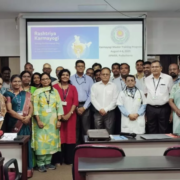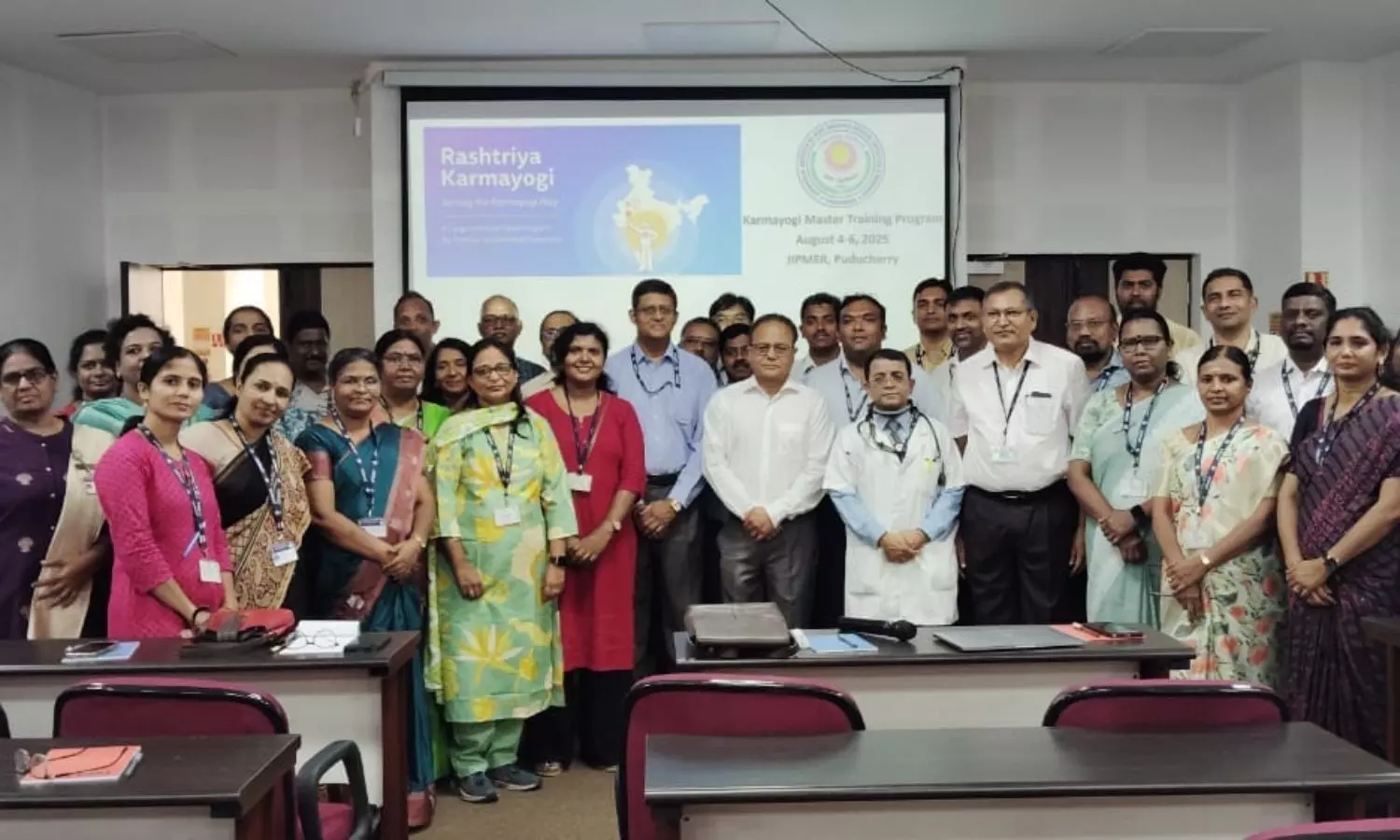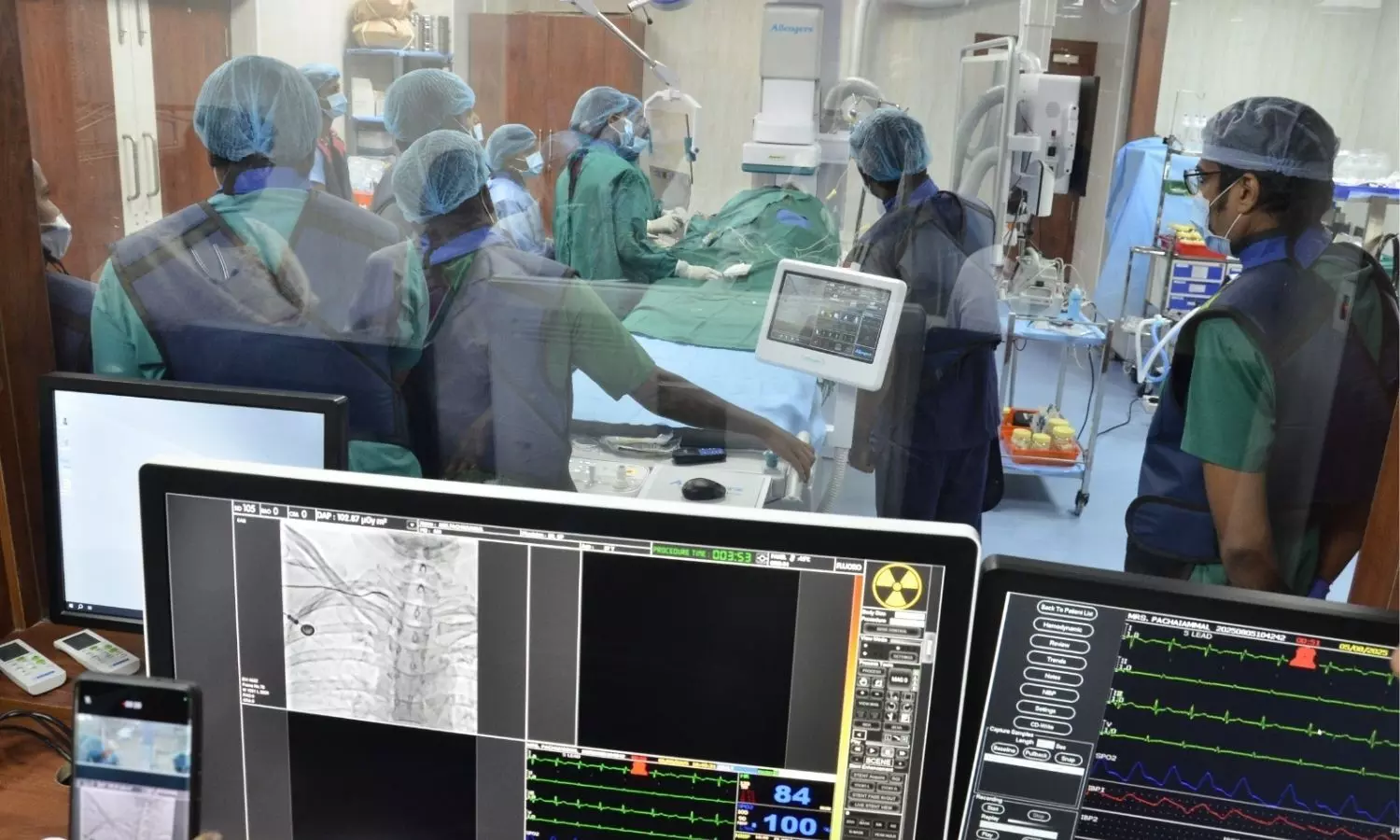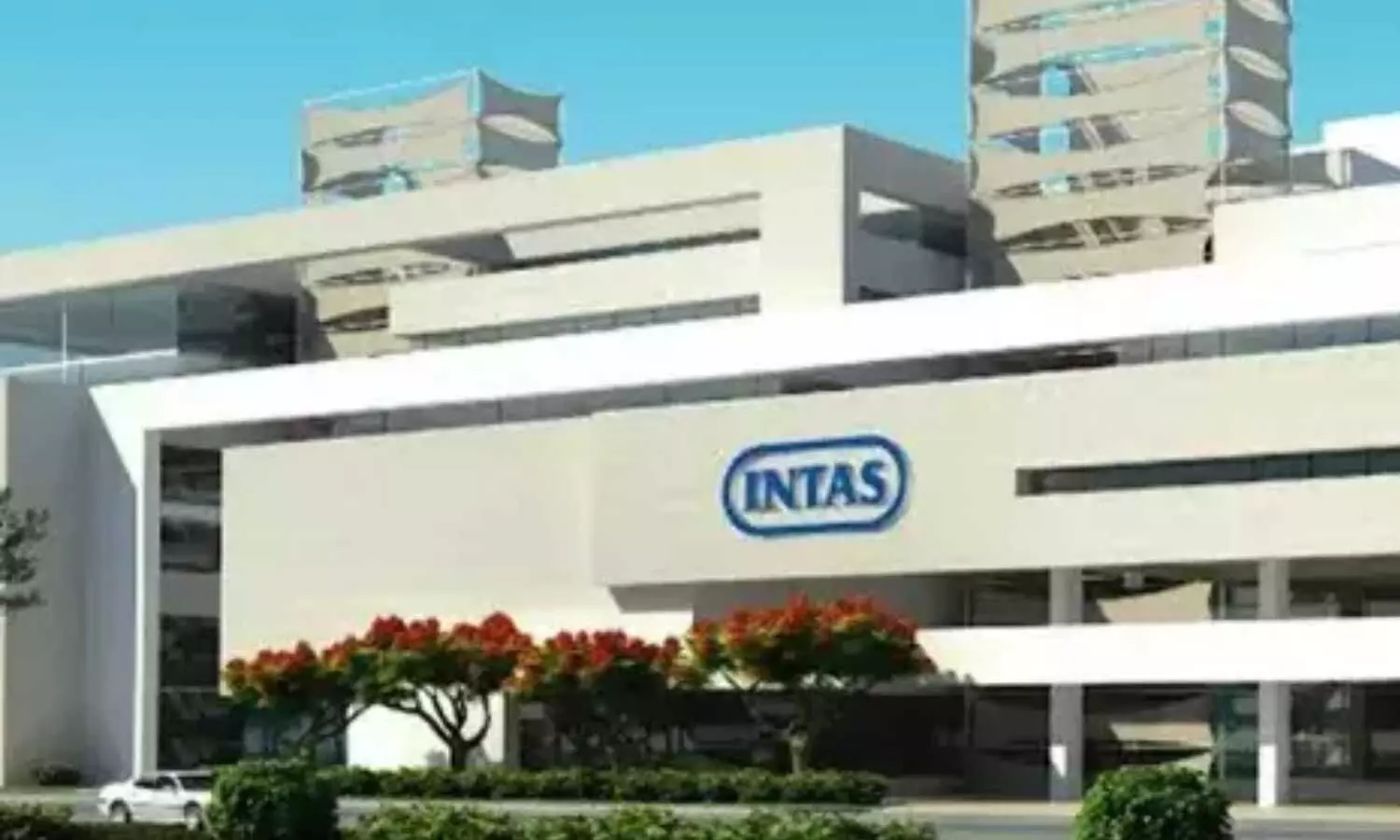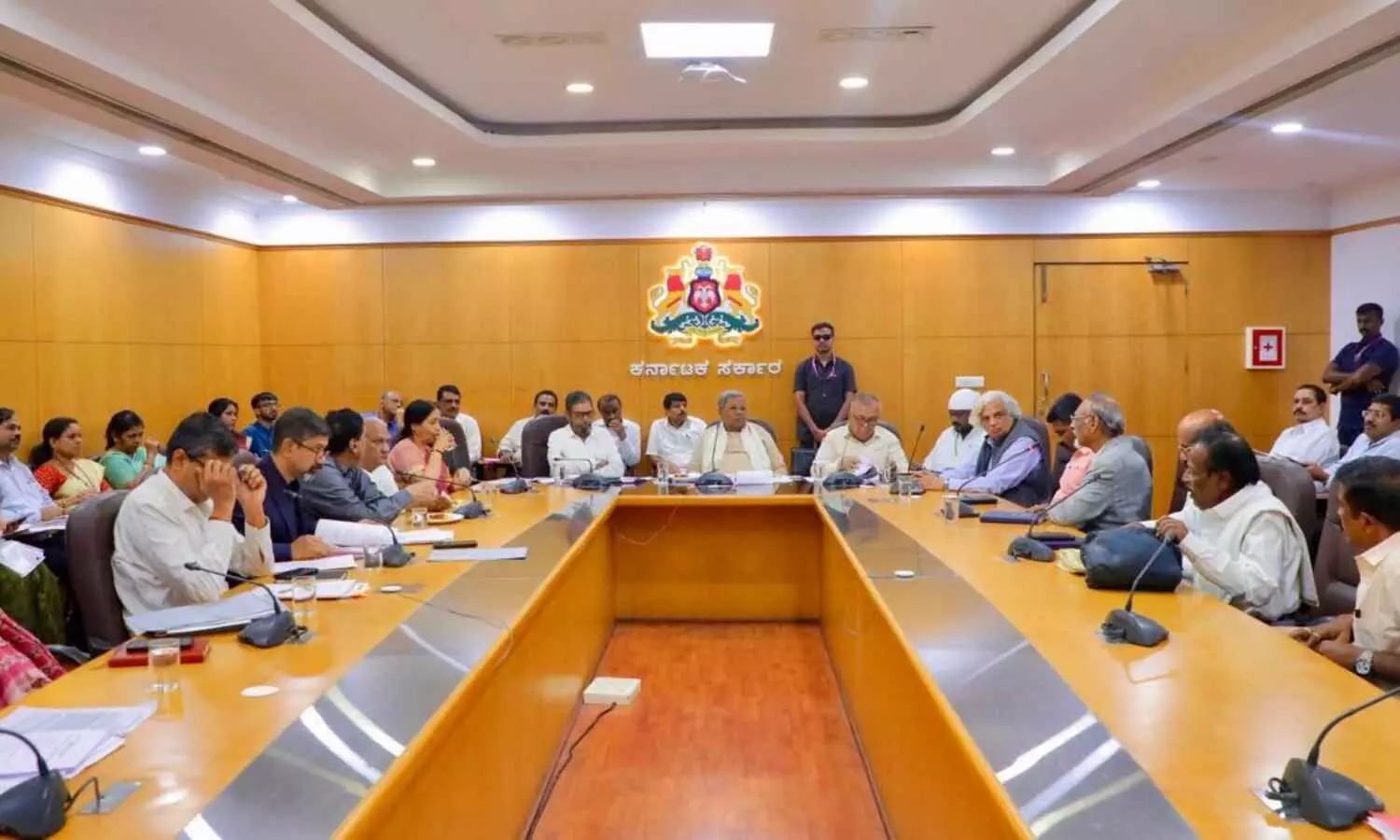TN Super Speciality seat surrender matter raised in Parliament- MoS Health clarifies

New Delhi: The Medical Counselling Committee (MCC) of the Directorate General of Health Services (DGHS) has the responsibility to conduct counselling for 100% seats of super-speciality courses across the country, the Union Minister of State for Health, Smt Anupriya Patel, informed the Lok Sabha.
MoS Health clarified that the Supreme Court has granted a 50% reservation for the in-service candidates in Tamil Nadu and the counselling for the AIQ seats by MCC and in-service seats by the SSC, Tamil Nadu, is carried out in tandem.
The Minister provided this clarification while responding to the queries raised by Smt. Kanimozhi Karunanidhi, who sought to know whether the Government is aware that 145 of the 215 super speciality seats reserved for in-service candidates under the Tamil Nadu State quota were prematurely surrendered to the All India Quota without conducting the mandatory second round of State counselling.
She further sought to know the reasons for not approving or notifying the Round 2 counselling schedule for Tamil Nadu despite timely requests from the State government, whether this action violated the Supreme Court’s directions regarding the 50% reservation for in-service doctors in super speciality courses. She also asked the Ministry whether the Government is likely to consider restoring the surrendered seats and allow Round-2 counselling in Tamil Nadu, and the steps being taken by the Government to avoid such procedural lapses in future and ensure fair and consistent implementation of the Super Speciality counselling process across all States.
Responding to these queries, the Minister informed that the Medical Counselling Committee (MCC) of Directorate General of Health Services (DGHS) has been entrusted with the responsibilty to conduct counselling for 100% seats of Super Specialty (SS) courses across the country
“In accordance with the Hon’ble Supreme Court’s order dated 16th March 2022 in Writ Petition (Civil) No. 53 of 2022 titled as N. Karthikeyan & Ors. vs. State of Tamil Nadu & Ors., a 50% reservation for in-service candidates has been granted in the state of Tamil Nadu. The State Selection Committee (SSC) of Tamil Nadu is responsible for conducting counselling for these reserved seats,” further informed the Minister.
“Counselling for All India Quota (AIQ) seats by MCC and in-service seats by the SSC, Tamil Nadu is carried out in tandem, with each round of All India counselling immediately followed by the respective round of in-service counselling,” the Minister added.
Minister Patel further informed that during SS Counselling 2024, after the completion of Round-1 of in-service counselling, the SSC, Tamil Nadu surrendered the unfilled in-service seats to MCC.
“These seats were merged into the AIQ seat matrix for Round-2. After completion of Round-2 of All India counselling, the remaining in-service seats were returned to the State to proceed with Round-2 of inservice counselling. Further, data of candidates made eligible after percentile reduction was also forwarded to the State for conducting stray round of in-service seats,” informed the Minister.
Medical Dialogues had earlier reported that last year TN Health Department had announced that it would henceforth decide regarding the number of seats to be reserved for them on a year-on-year basis. Issuing a G.O. the State Health Department had mentioned that the number of seats reserved in Postgraduate (MD/MS) admissions for the in-service candidates will be decided dynamically on a year-on-year basis.
The Health Department further stated in the order that for the academic year 2024-2025, the service reservation of PG seats for specialities other than General Medicine, General Surgery, Paediatrics, Obstetrics and Gynaecology, Orthopaedics, Anaesthesiology, Chest Medicine, Radiology, Community Medicine and Forensic Medicine will be kept in abeyance for a year.
Powered by WPeMatico


